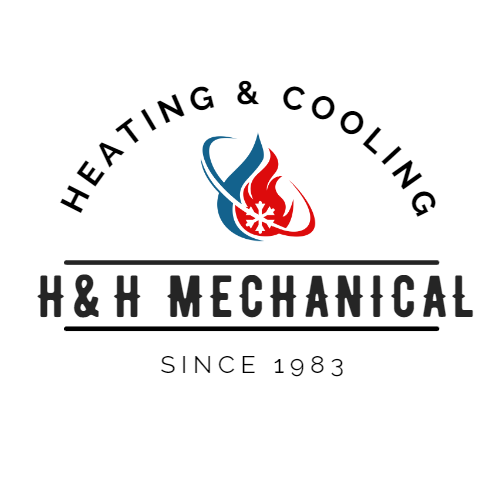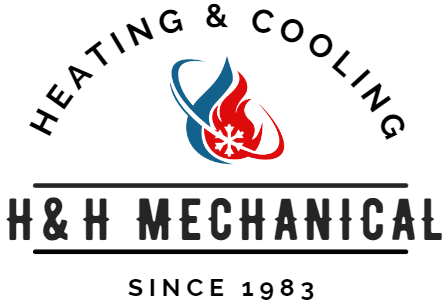The Ultimate Guide to Troubleshooting Your Air Conditioner and Keeping it Running Smoothly
Air conditioner basic troubleshooting is an essential skill for any homeowner or business owner. It can save you time, money, and energy in the long run. Knowing how to properly diagnose and repair your air conditioning system can help you avoid expensive repairs and keep your home or office comfortable year-round. This guide will provide you with an overview of air conditioner basic troubleshooting, as well as some tips on how to best maintain your AC unit.
How to Diagnose Common AC Problems and Determine the Best Solutions
Air conditioners are a great way to keep your home cool and comfortable during the hot summer months. However, when they malfunction or break down, it can be a frustrating experience. Fortunately, there are some simple troubleshooting steps that you can take to help diagnose and fix the issue with your air conditioner. In this article, we will discuss some of these tips and provide helpful advice on how to quickly get your air conditioner back up and running.
How to Fix an Air Conditioner that is Not Cooling
When your air conditioner stops working properly, there are some things you can do to troubleshoot the issue. Once a unit starts making noise or leaking coolant, it is best to find a professional technician as soon as possible. In the meantime, though, there are some basic steps you can take to get your air conditioner back up and running at optimal efficiency.
No Power?
Although the power company does try its utmost to prevent flickers, outages and surges from occurring, it's still a common issue here in the South. This is mainly due to our landscape of pine trees that don't react well to weather conditions of any kind; power issues account for a large percentage of our calls. While most power related problems will require a licensed technician, some can be fixed with a flip of a switch. The power to your system can be found in three different areas, usually, an outdoor disconnect adjacent to the outdoor unit, and an indoor switch near the air handler and in the fuse box. If you experience a power interruption and your system doesn’t come back on immediately, check these three areas first.
Outdoor ice?
If your air conditioner is not cooling properly, it could be due to ice buildup on the condenser. Ice can be quite a nuisance when found on air conditioning systems, both inside and outside; not only ice cause the system to not cool, it can cause water damage in your home. If you come across any ice in your cooling system, make sure to check if your air filter has been changed recently. Dirty air filters can restrict air flow to the evaporator coil, resulting in freezing of the unit; in the hot summer months, we see this quite often.
Blank thermostat?
A thermostat with no display usually means 1 or 2 things, dead batteries or water build up at the indoor unit. New smart thermostats can send messages to your smart home devices when the battery is low, but older thermostat are sometimes forgotten until there is an issue. Change the batteries in your thermostat first; YouTube is your friend if you are unsure how, there are videos for basically every model. If that doesn’t work, check for water around your indoor air handler and coil; a water safety switch might have cut off the unit. In the summer, standing water in the pan can often be a sign of a clog in the line, but it's possible for newer homes and those with higher SEER systems to freeze during winter as well.
Clogged Drain?
There are many ways to clear a condensate line at home. While some methods work better than others, some methods can actually do damage to your lines. If you would like to tackle this yourself, our recommendation is a shop vacuum on the outside line, but be careful not to use too much suction as this can crack the line from movement and age.
It may be a good idea to check the outdoor temperature in winter before attempting to clear the line. If it is below freezing, chances are that there is an ice blockage. In such cases, you can use a hair dryer or heat gun for thawing out the line and restoring normal functioning.
We are here to help!
If there is anything we can do to help you, please don't hesitate to contact us. We would be glad to have one of our technicians provide a diagnosis for your issue, so feel free tocall or make anappointment online.

You might also like





